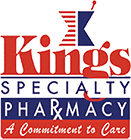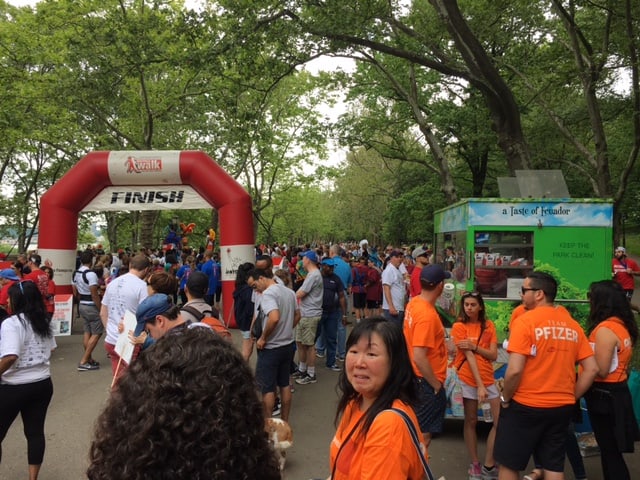New York City is a big place with fast-movers, quick-talkers, and a lot of movement. And when it comes to an issue as personal as infertility, sometimes we need someone to slow the pace and have our hands held ever-so-slightly as we make our way through the process. So, here’s our quick guide to dealing with infertility in a city that moves probably way too fast.
- Step one: Research. It may seem like an obvious first step in dealing with infertility, but to many, it’s not. You’ll want to do some of your own research to find out why you’re not able to conceive. Get your computer out, talk to fertility experts, etc.
- Step two: Seek advice on where to get the best treatment in New York City. You’d be surprised if you open up about the topic how many friends of friends you may know who have dealt with infertility and can share advice. Having someone you know who is familiar with the New York infertility pharmacies and doctors will help you a lot.
- Step three: Prepare yourself. There’s always risks associated with infertility treatment and no matter what happens at the end of the tunnel, you should be ready to embrace the results at the of your fertility journey.
- Bonus Step: Fertility problems can be one the most difficult medical challenges on an emotional level. Keeping a positive attitude is helpful in getting through the emotional challenges of infertility. Some some that means stepping outside the city to get some fresh air and a more zen state of mind.
New York has dozens of qualified fertility clinics, with some being the best fertility clinics in the world. That doesn’t mean you’re guaranteed a treatment that works, but there is one thing certain every fertility treatments are a major investment financially and emotionally. Always remember that you can only do so much, so prepare yourself emotionally for any chance of unsuccessful fertility treatments that may be coming your way. For some, that means knowing in advance how much you are willing to invest in your fertility journey, and what kinds of treatments you’re willing to do.
Thanks to advances in science we have created a solution to every family out there who can’t have their own family; there’s meditation, In Vitro, surrogacy, and adoption. Each of those processes could be tedious and require extreme patience. If you chose the IVF route, and you’re lucky if on your first treatment, everything goes perfectly. But for some, there are health risks and even more unsuccessful treatments sorting out to adoption.
Don’t rely solely on fertility treatments — you also have to do your part by keeping a good physical and emotional health. Patients who have generally good health and take care of themselves before and after their treatment are more likely to succeed in the treatment. And, obviously, those who don’t take care of their bodies before and after the treatments can’t expect the same results.
A final tip: Reach out and seek support from fertility support groups like:
- Women’s Infertility Support Group
Surviving and Thriving with Infertility
RESOLVE Fertility/ART support group
Mind/Body for Infertility
Being a part of these kinds of groups will help you along the way of accepting and understanding and maybe this time start figuring out how to live a healthy life, they are the ones who will pave you the way of understanding that there maybe other good healthy options other than trying out the treatment 27 times. It doesn’t hurt to talk about what you are going through to the people who are also going through the same thing.





















